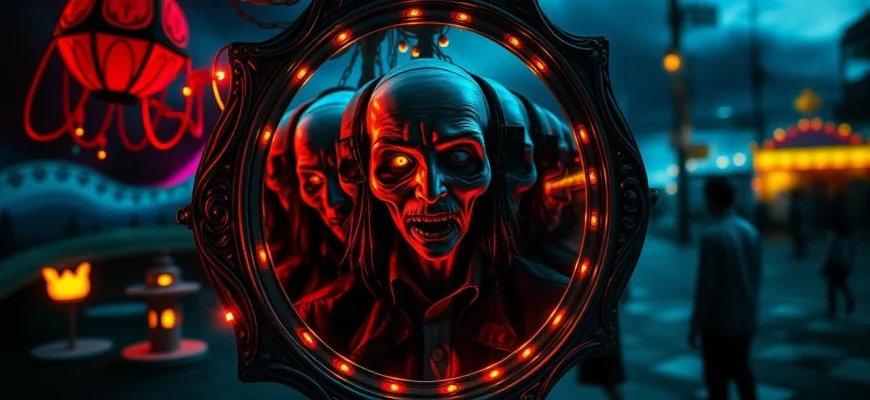If you loved the eerie and unsettling atmosphere of 'Funhouse (2019)', you're in for a treat! This article explores 10 movies and shows that share similar themes of psychological horror, dark humor, and twisted reality. Whether you're a fan of mind-bending narratives or unsettling settings, these recommendations will keep you on the edge of your seat. Dive in to discover your next favorite watch!
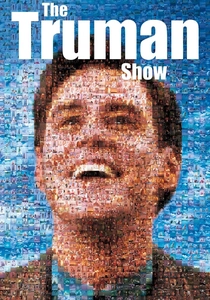
The Truman Show (1998)
Description: Like 'Funhouse', this film features a protagonist unaware he's living in a constructed reality for entertainment purposes. Both explore themes of surveillance, media manipulation, and the ethics of reality television.
Fact: Jim Carrey's dramatic performance surprised critics. The film inspired real reality TV shows. The name 'Truman' plays on 'true man'.
 Watch Now
Watch Now 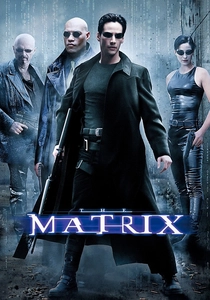
The Matrix (1999)
Description: Like 'Funhouse', 'The Matrix' features protagonists discovering their reality is an elaborate simulation. Both explore themes of control, perception, and awakening to truth through striking visuals.
Fact: The Wachowskis used comic books to pitch it. The 'bullet time' effect revolutionized cinema. Inspired by Jean Baudrillard's philosophy.
 Watch Now
Watch Now 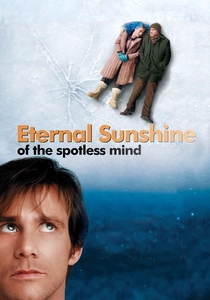
Eternal Sunshine of the Spotless Mind (2004)
Description: Similar to 'Funhouse', this film explores memory manipulation and the fluid nature of reality. Both use surreal visuals to represent psychological states and question what makes us human.
Fact: The title comes from an Alexander Pope poem. Jim Carrey's most dramatic role at the time. The script was sold for $1 million.
 Watch Now
Watch Now 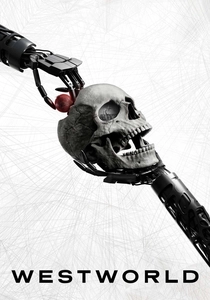
Westworld (2016)
Description: Similar to 'Funhouse', 'Westworld' plays with reality and illusion, featuring characters trapped in artificial worlds where nothing is as it seems. Both explore themes of control, free will, and the nature of reality.
Fact: The show is based on Michael Crichton's 1973 film. Anthony Hopkins' character was originally supposed to appear in only 4 episodes. The park's logo contains hidden binary code.
 Watch Now
Watch Now 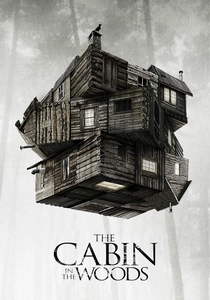
The Cabin in the Woods (2012)
Description: Both 'Funhouse' and this film deconstruct horror tropes while featuring characters manipulated by unseen forces. They share meta-commentary on entertainment and audience expectations in horror.
Fact: Filmed in 2009 but delayed for 3 years. Joss Whedon co-wrote it during a break from 'Dr. Horrible'. Contains references to nearly every horror subgenre.
 Watch Now
Watch Now 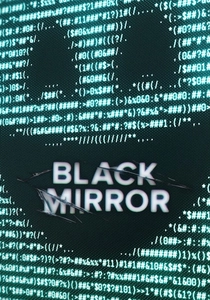
Black Mirror (2011)
Description: Like 'Funhouse', 'Black Mirror' explores the dark side of technology and human nature through surreal and often disturbing narratives. Both use a mix of horror, sci-fi, and psychological thriller elements to critique society.
Fact: 'Black Mirror' was inspired by 'The Twilight Zone'. The show's name refers to the dark reflection seen on a turned-off screen. Charlie Brooker initially didn't want to make more than 3 episodes.
 Watch Now
Watch Now 
The Good Place (2016)
Description: While more comedic, it shares with 'Funhouse' the theme of characters discovering their reality is artificially constructed. Both explore philosophical questions through unconventional storytelling.
Fact: The show's philosophy consultant has a PhD. Fork jokes reference actual philosophy. The twist was planned from the start.
 Watch Now
Watch Now 
Legion (2017)
Description: Similar to 'Funhouse', 'Legion' blurs reality and hallucination through unreliable narration and surreal visuals. Both explore mental states and perception through unconventional storytelling techniques.
Fact: Noah Hawley created it after 'Fargo'. Features a dance battle instead of a fight scene. The show's style was inspired by 1960s design.
 Watch Now
Watch Now 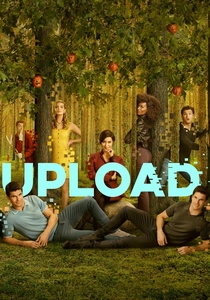
Upload (2020)
Description: Like 'Funhouse', this series examines digital afterlives and the commodification of human experience. Both blend dark themes with satirical humor about technology's role in society.
Fact: Creator Greg Daniels also made 'The Office'. The virtual world was inspired by video games. Features a '2Gig' data limit joke.
 Watch Now
Watch Now 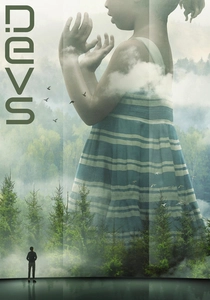
Devs (2020)
Description: Like 'Funhouse', 'Devs' explores themes of determinism, simulation, and the nature of reality through a technological lens. Both feature protagonists uncovering disturbing truths about their world.
Fact: Alex Garland's first TV series. The quantum computer set was a real sculpture. Features a 11-minute single-take scene.
 Watch Now
Watch Now 
